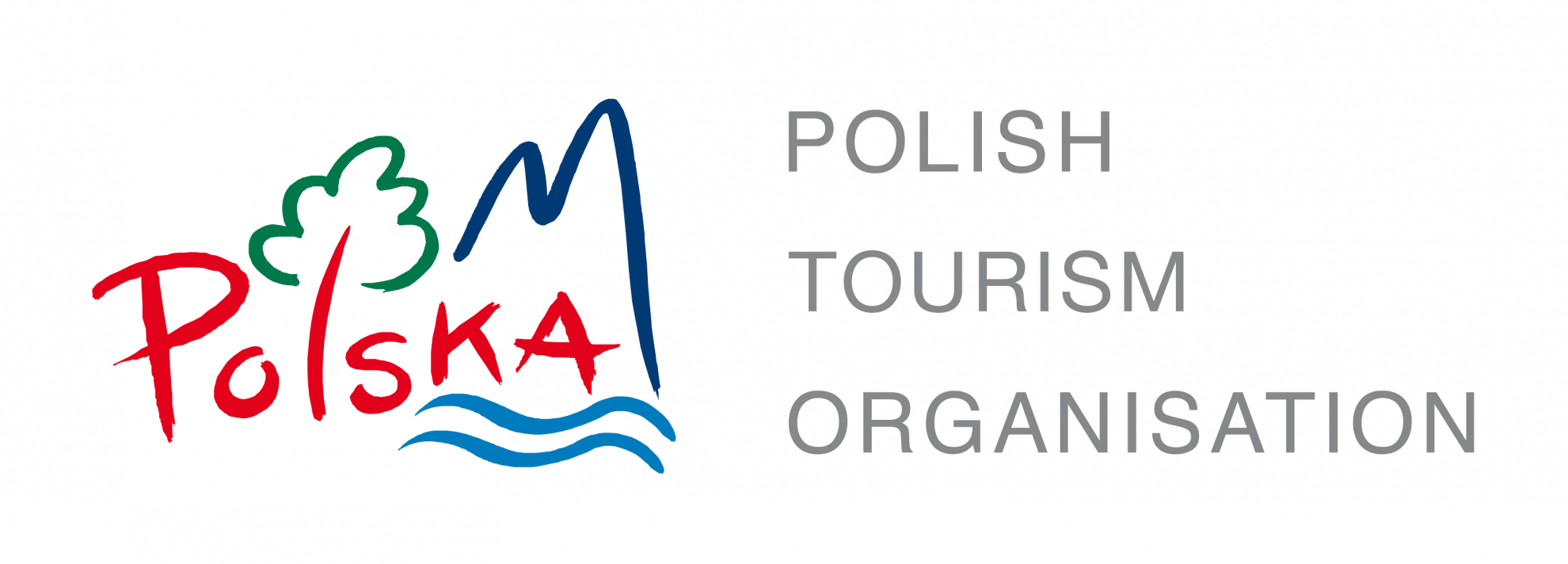The Museum collects the exhibits showing the centuries-long history of the town on the Bug River.
The exhibits stored in the museum are originating from the archaeological excavations and confirms the old metric of the town by which there were several trade routes passing. Except the Bug trade route, there were also other tracts leading by Drohiczyn connecting Nowogród Wielki with Kiev and Rus with Jaćwież. The most interesting objects are the monuments of the early medieval period: the glass beads imported from Kiev Rus, the cross-shaped encolpion made of bronze, the combs made of deer and elk antlers, a clay cube and the bronze bracelets. Drohiczyn was a well known pottery centre in the Middle Ages, as evidenced by preserved fragments of pottery decorated with engraved grooves. The museum has also a collection of lead seals from the twelfth, thirteenth and fourteenth centuries with the various symbols pressed, among others the signs of the Russian dukes, including Kiev and Czernihow Dukes. In a separate room there are ethnographic exhibits gathered: agricultural tools and the daily use objects from the nineteenth century and the first decades of the twentieth century. There are such exhibits as: a plow, the sickles, a collar, the twofold, the bellows, the butter horn, the grain bins, the reels, the mangler and even a wooden washing machine. In the museum there is also a collection of folk sculptures. Some of them were carved by a famous local sculptor and poet Lucjan Boruta.


 位置图:
位置图:




